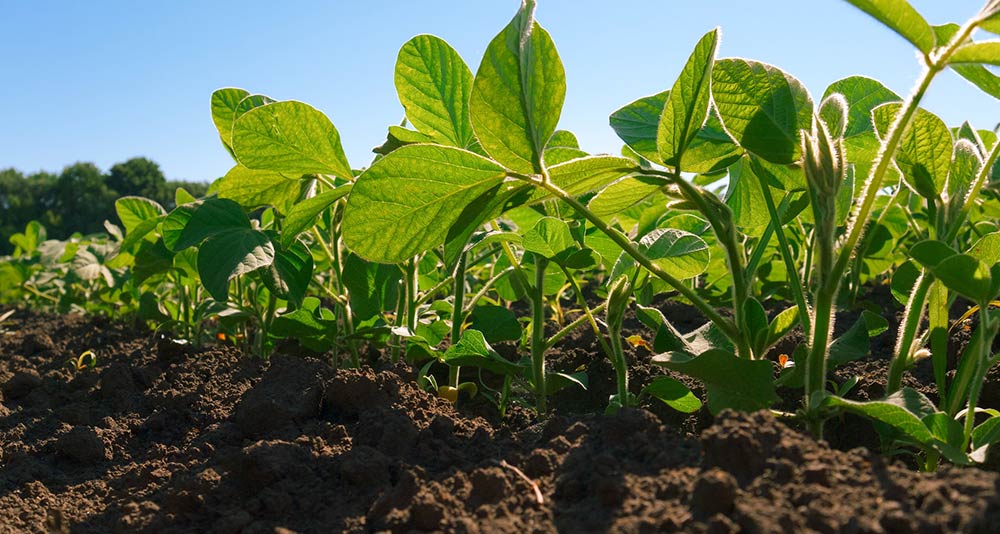Research Grants Program Overview
OFRF is not currently accepting applications. You can view findings from previously funded projects in our Organic Research Hub, and sign up for our newsletter to stay updated on future funding opportunities.
The Organic Farming Research Foundation (OFRF) grants program is open to applicants residing in the United States, Canada, and Mexico. Applying for funding is a two-step process. Applicants first submit a Letter of Intent (LOI). A subset of LOI applicants are invited to submit a full proposal. OFRF will fund projects up to $20,000. Most projects span one year; multi-year projects will only receive funding for the first year.
Farmers, ranchers, and early career researchers are eligible to apply for funding. Early career researchers are defined as: pre-tenure faculty, postdoctoral associates, graduate students, and/or researchers that have received their MS or PhD within the past seven years (graduation year 2014). OFRF strongly encourages submission from Black, Indigenous, and people of color (BIPOC) applicants. Farmers and ranchers often find that working with a professional researcher is helpful for designing and conducting a research project, and OFRF encourages applications from such partnerships.
OFRF offers funding for research on organic production systems and the dissemination of these research results to organic farmers and agricultural and research communities. Proposals MUST be farmer-led or meaningfully involve farmers or ranchers in project design and implementation. Unless otherwise noted in the RFP, projects MUST take place on certified organic land, ideally on working organic farms or ranches.
Applicants should articulate how the proposed research project will foster the improvement or adoption of organic farming systems, as well as ways in which organic farmers or ranchers can use the project results in their operations. All research proposals MUST address the resiliency of organic systems to challenges like climate change and/or have economic and social considerations to complement on-farm research. Research projects MUST include strong education and outreach components and contain measurable outcomes. Projects should include expected impacts due to the results or outcomes of the projects.
Project proposals are reviewed and funds are awarded by the OFRF Board of Directors, most of whom are certified organic producers. OFRF does not provide funding to start or expand a commercial enterprise.
For more information, please contact the OFRF Research Grants Department by phone at 831.426.6606 or e-mail grants@ofrf.org.



